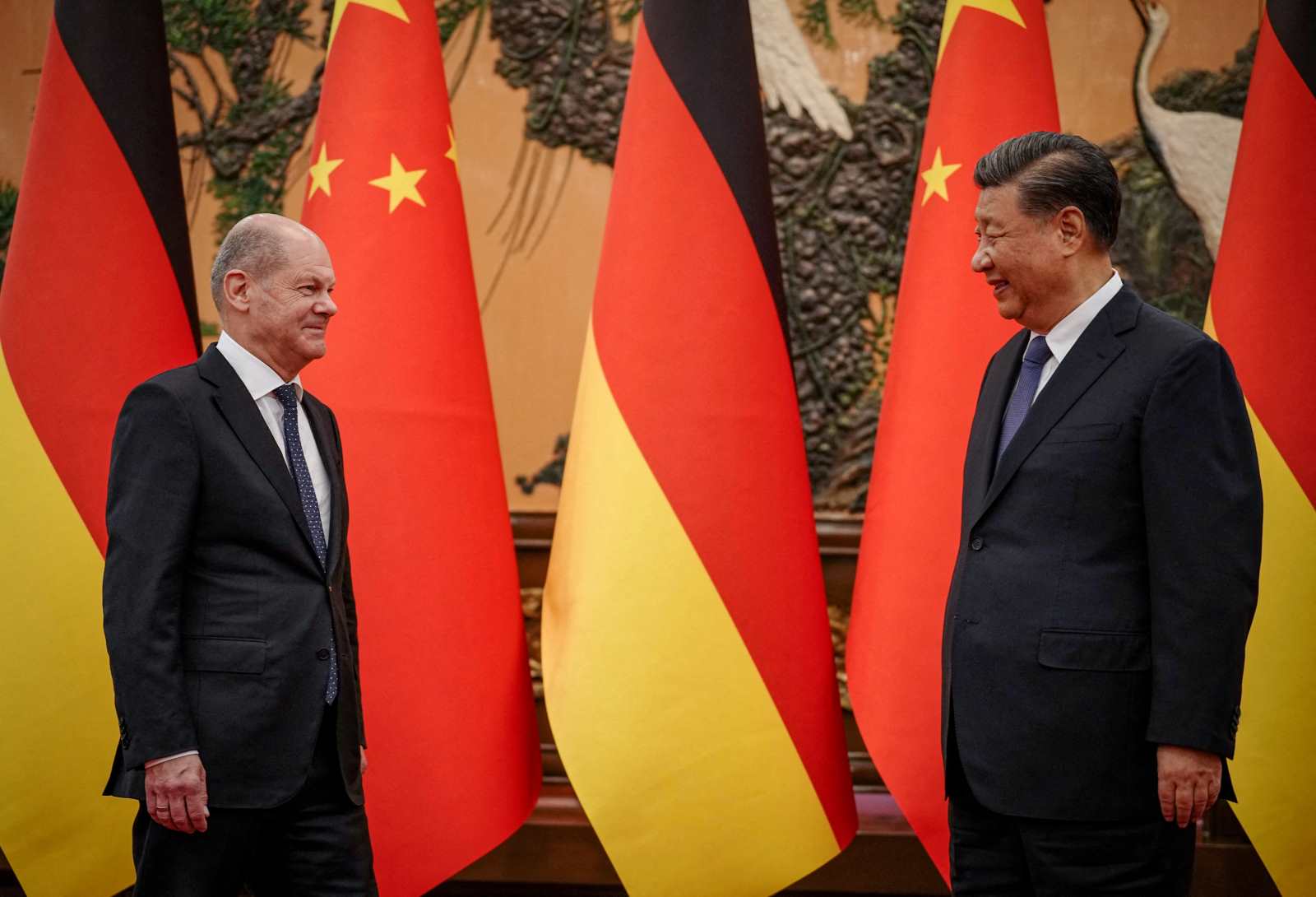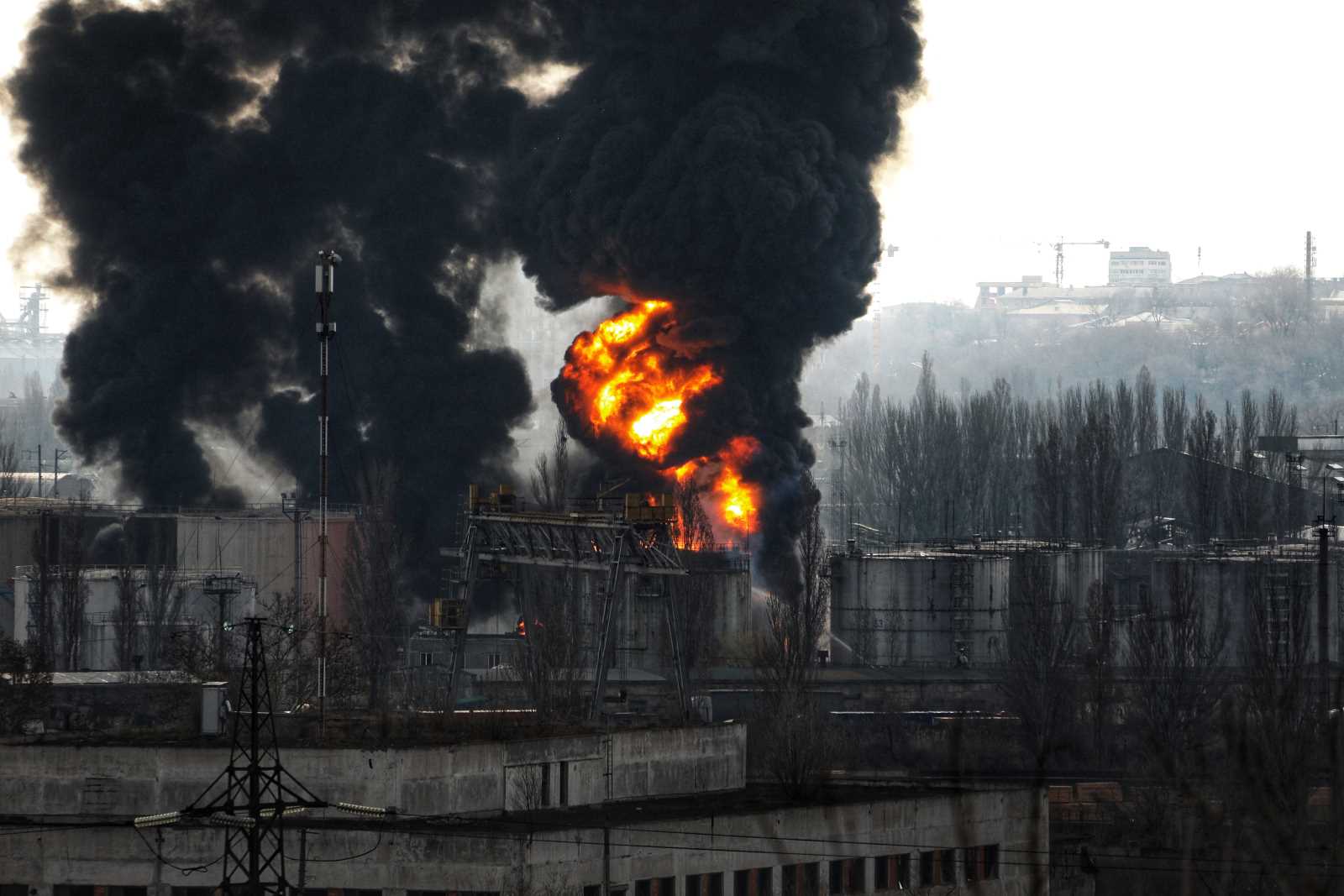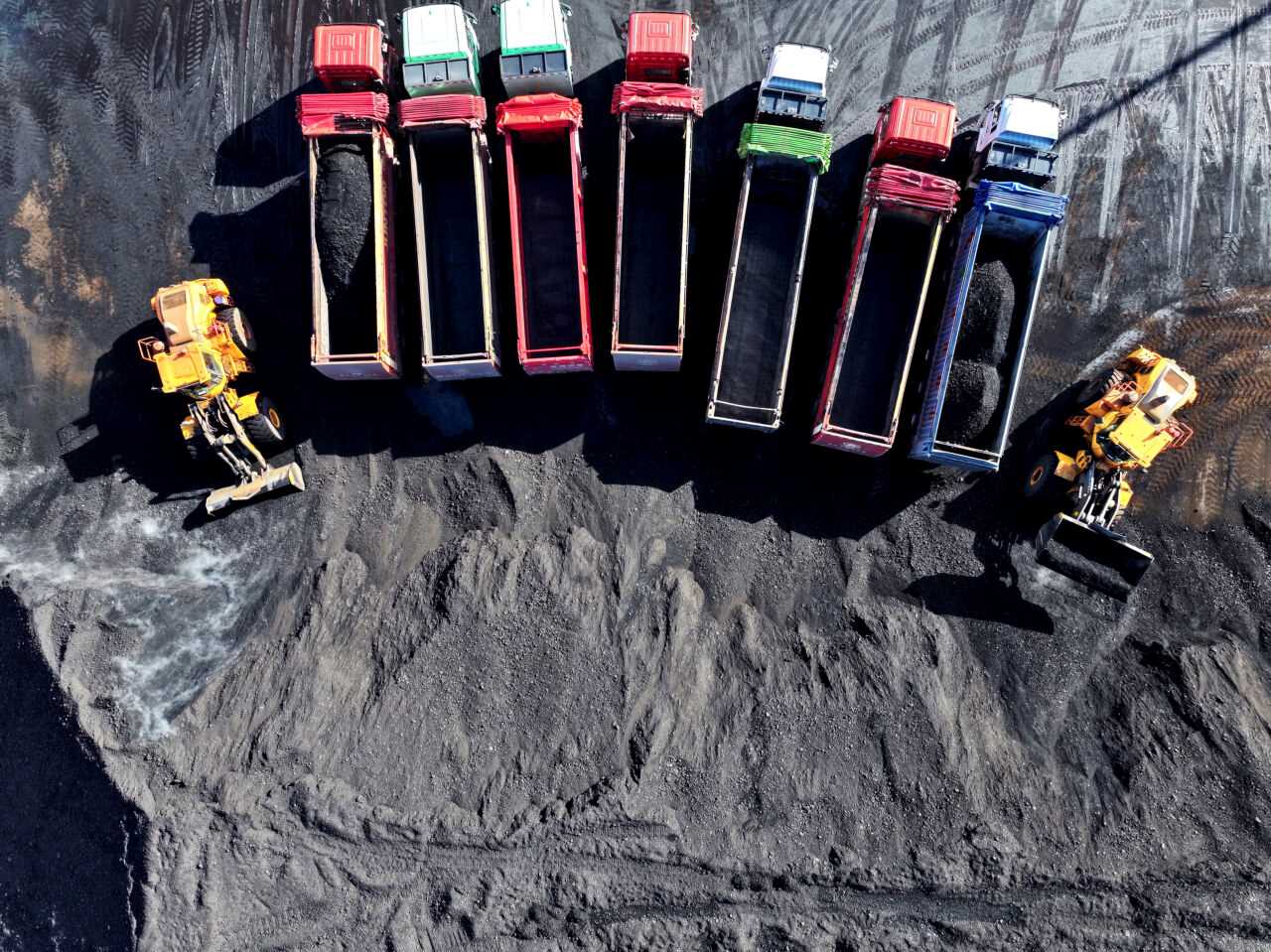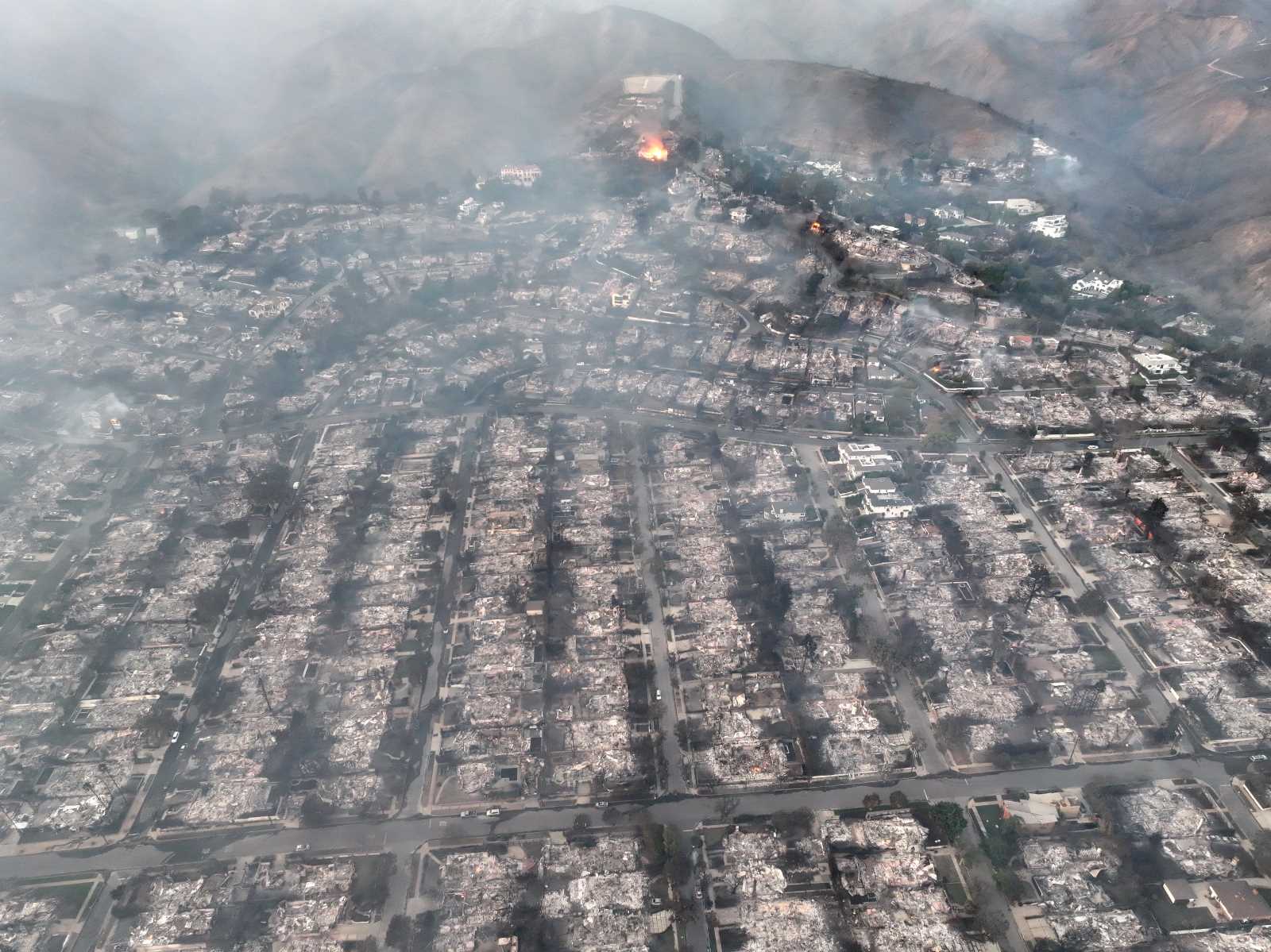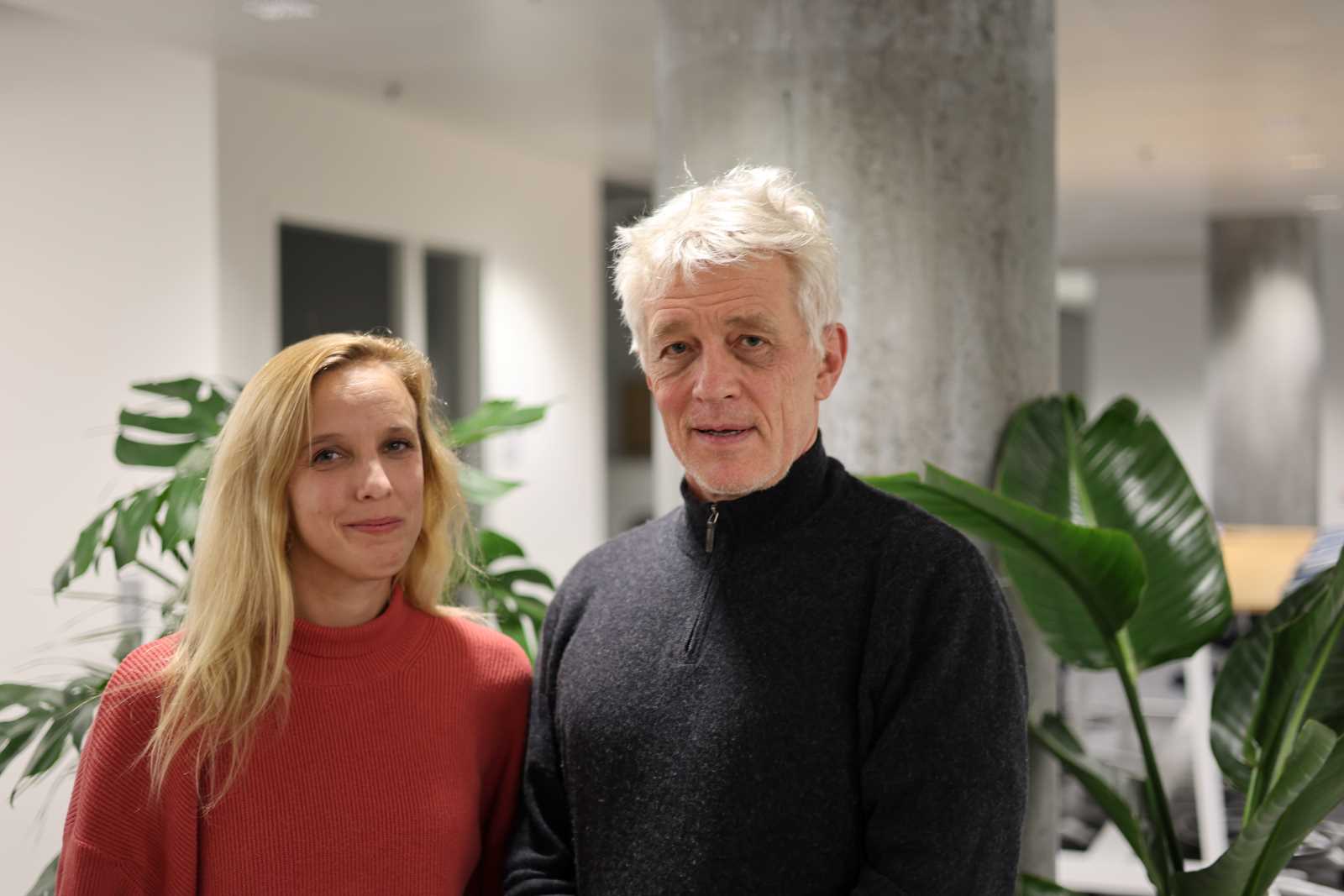Climate negotiations
Once again, climate-summit results are “too little, too late”
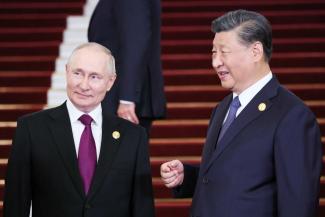
Greenhouse-gas emissions have kept increasing, reaching yet another record high in 2023. Global temperatures also reached a new record level, and the impacts of climate change are felt around the world as we see an increasing number of extreme-weather disasters.
The original idea was that the UNFCCC should stop this deadly trend. Adaptation to a warming climate was initially left off the agenda, because it was not supposed to become necessary. It did, so, not quite 20 years after Rio, adaptation became an important topic of climate summits. Measures – and funding – again proved to be insufficient, so now a Loss and Damage Fund had to be launched, and it will require much more money that it has so far. Had emissions been reduced as intended, money would neither have been needed to make infrastructure climate resilient nor for compensating the harm done by extreme weather.
The UNFCCC did make a difference. Without it, our situation would be even worse. Its consistent pattern, however, is “too little, too late”. That proved true once more at the Dubai climate summit in December. It did not decide to phase out fossil fuels, but only to transition away from them. That is better than nothing, but it does not suggest that we will see the decisive action that we so urgently need. It is more likely that matters will keep getting worse and we don’t know when – or even whether – they might start getting better again.
It is easy to blame the high-income nations. Yes, they are guilty of doing “too little, too late”. They still are reducing emissions too slowly and are too stingy when it comes to the financial support less fortunate countries need to cope with damages and adapt to warming. The full truth is that low-income countries have contributed very little to cause climate change but are especially vulnerable to its impacts.
What about the BRICS?
Middle-income countries, however, must bear some of the blame too. Indeed, their responsibility for the escalating problems is growing from year to year. It is striking that we have not seen a coherent and ambitious climate agenda being launched by the BRICS, the group of large emerging markets that includes Brazil, Russia, India, China and South Africa and claims to speak for the global south (a term that, as I have argued before, does not make much sense). Three members – Russia, India and China – are among the top five emitters in absolute terms. Two of them have disproportionately large carbon footprints per capita. India’s case is special – its huge emissions result from its huge population. Its individual carbon footprint has tripled since 1990, bit still is merely 1.9 tons.
On average, every Russian emits an annual 13 tons, slightly less than people in the USA do (14.4 tons). China’s per capita carbon footprint is 8.9 tons, which is almost twice the global average and slightly above the German figure of 8.2 tons. These numbers are unsustainable.
Russia is not known for environmental efforts, but it did attack Ukraine. The war is as carbon intensive as it is bloody. It is also diverting both western attention and funding from climate action. In a similar way, China’s sabre rattling has triggered an expensive arms race. Those resources would be better invested in climate action. Not only Taiwan has reason to worry. Vietnam, the Philippines and other countries bordering on the South China Sea resent Beijing’s overbearing attitude too.
Alignment to OPEC
At their most recent summit in South Africa, the BRICS decided to add a few other countries to their group, including three petrostates: Saudi Arabia, the United Arab Emirates and Iran. This choice shows that they are quite eager to keep accessing and using fossil fuels, but much less interested in democratic governance. Saudi Arabia (17 tons of carbon emission per year and person) and the UAE (22 tons) are high-income countries. Claims that they represent the global south are awkward, to put it mildly. The BRICS have failed to explain how their closer alignment with OPEC, the Organization of the Petroleum Exporting Countries, will help climate-vulnerable communities in Africa, Asia and Latin America.
Too little, too late. If the international community is to keep global heating below 1.5°C, we must escape this pattern. Western high-income nations must do more, and so must each and every government that claims to represent the global south.
Hans Dembowski is the editor in chief of D+C/E+Z.
euz.editor@dandc.eu

